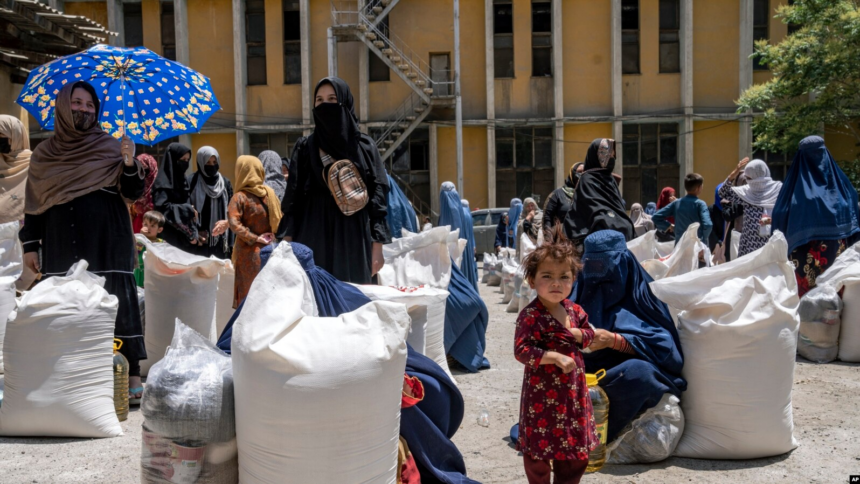RASC News Agency: Reuters reported on Monday, citing six senior American officials, that the United States government has decided to halt the majority if not the entirety of its humanitarian assistance to Afghanistan and Yemen. According to these officials, the decision is part of a broader strategy recently initiated by the U.S. Department of State and the United States Agency for International Development (USAID), which involves substantial funding cuts to relief programs in more than a dozen countries. Sarah Charles, former head of USAID’s Bureau for Humanitarian Assistance, along with additional sources, informed Reuters that the reductions will also extend to international institutions such as the World Food Programme, the United Nations Population Fund, and a number of non-governmental organizations.
This policy shift reflects the broader legacy of the Trump administration’s efforts to downsize or eliminate USAID’s operational footprint and to reevaluate the overall framework of U.S. foreign aid. Experts have warned that suspending this aid could lead to heightened levels of hunger, surges in irregular migration, and the proliferation of violent extremism across affected regions. In Afghanistan, the implications are particularly severe, placing over 23 million people currently dependent on urgent relief at immediate risk. In Yemen, nearly 19 million individuals remain reliant on humanitarian support. Analysts and former officials have cautioned that the termination of these lifelines could prove disastrous for the most vulnerable segments of society.
The United Nations has called upon the international community to sustain humanitarian aid to Afghanistan, emphasizing that an abrupt halt in assistance could accelerate the country’s descent into famine and deepen an already dire humanitarian catastrophe.






